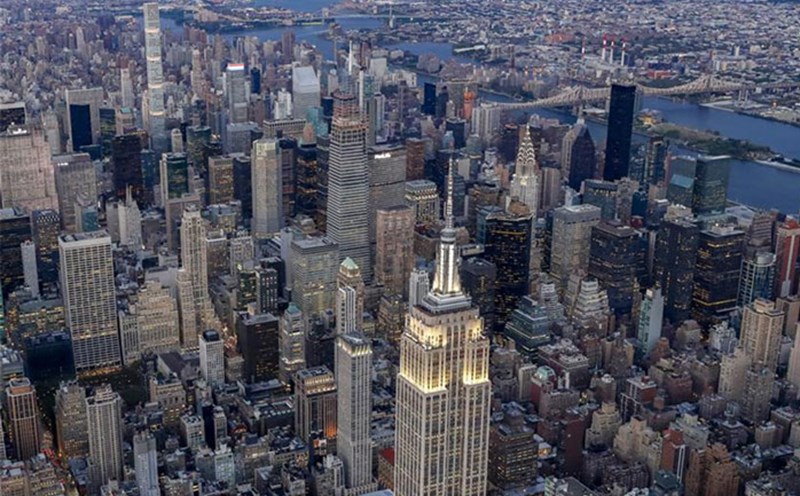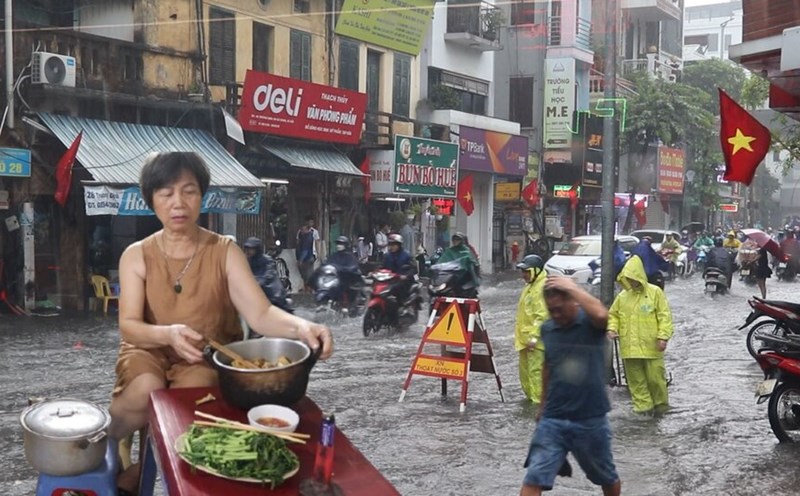Air Canada began canceling some flights on August 14 and is expected to completely stop for 72 hours from August 16, after more than 10,000 flight attendants from the Canada Workers' Union (CUPE) voted 99.7% in support of the strike.
The reason comes from the salary level that is said to be "complaining" and not being paid for working time before the plane takes off or after landing.
This situation occurs in the middle of the peak season, which can affect about 130,000 passengers per day.
Since March, the two sides have negotiated a new labor agreement but there are still major disagreements, especially the issue of paying salaries for work on the ground. Air Canada proposes a salary increase of 38% for 4 years, with benefits and a 50% salary payment for pre-flight preparation time. However, the union believes that this level does not fully include the impact of inflation and requires 100% full payment for every working hour.
During the week, CUPE also rejected a third-party solution. The union representative said that Air Canada did not resolve core issues, while the airline affirmed that gradual flight cancellations would help reduce chaos and maintain operational order.
Air Canada said it is working with other airlines to provide alternative options to passengers. CEO Michael Rousseau apologizes for the disruptions caused to customers, partners and the community.
Canada's federal Minister for Employment and Family, Patty Hajdu, said the government would not intervene, stressing that the best deal would be one reached directly by the parties.












